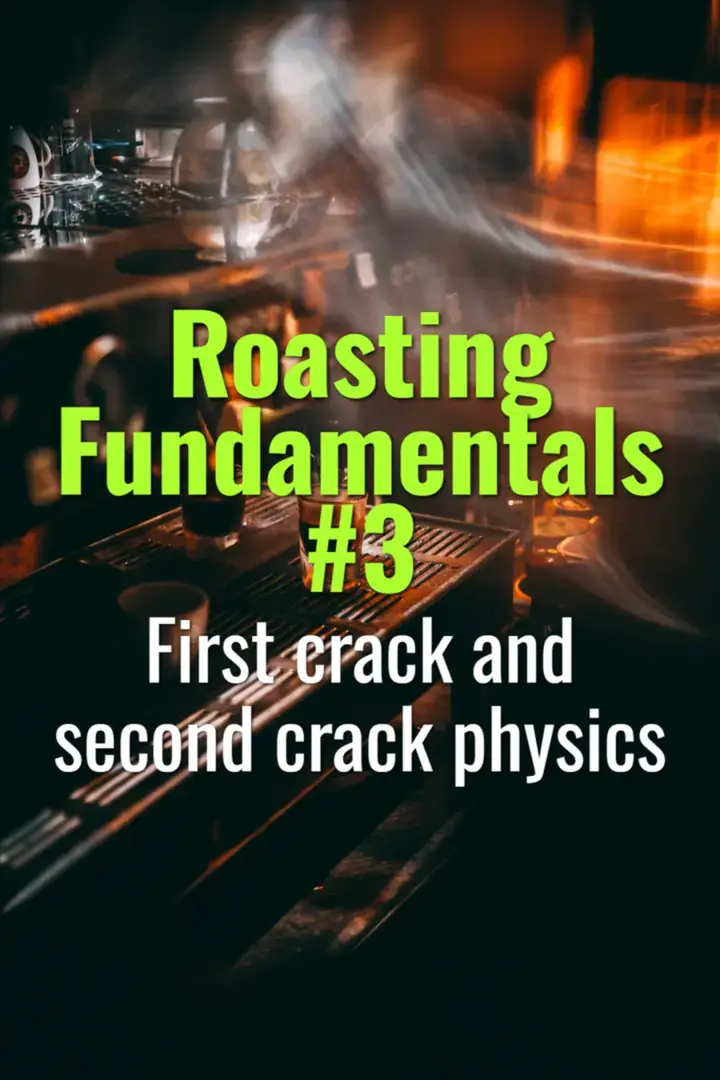
First crack and second crack physics
This topic explains the physics of first crack and second crack in coffee roasting, how they differ, and why they are critical indicators for roast development and flavor outcomes.

This topic explains the physics of first crack and second crack in coffee roasting, how they differ, and why they are critical indicators for roast development and flavor outcomes.
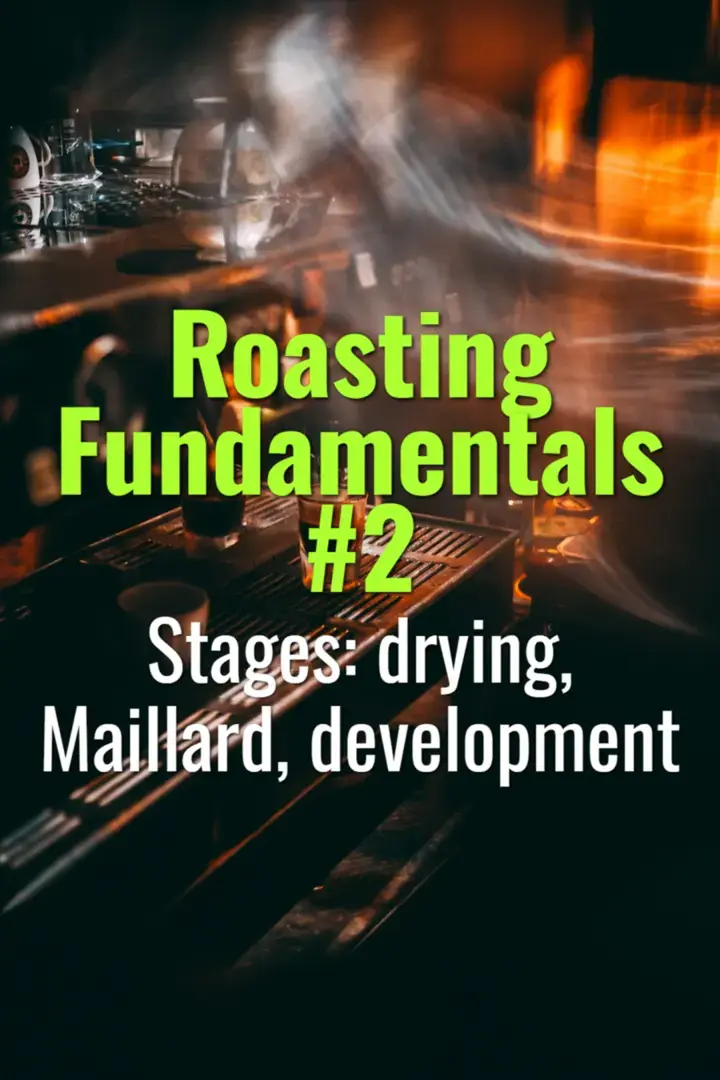
This topic explains the three key stages of coffee roasting—drying, Maillard, and development—what happens chemically and physically in each, and how they shape the final cup profile.
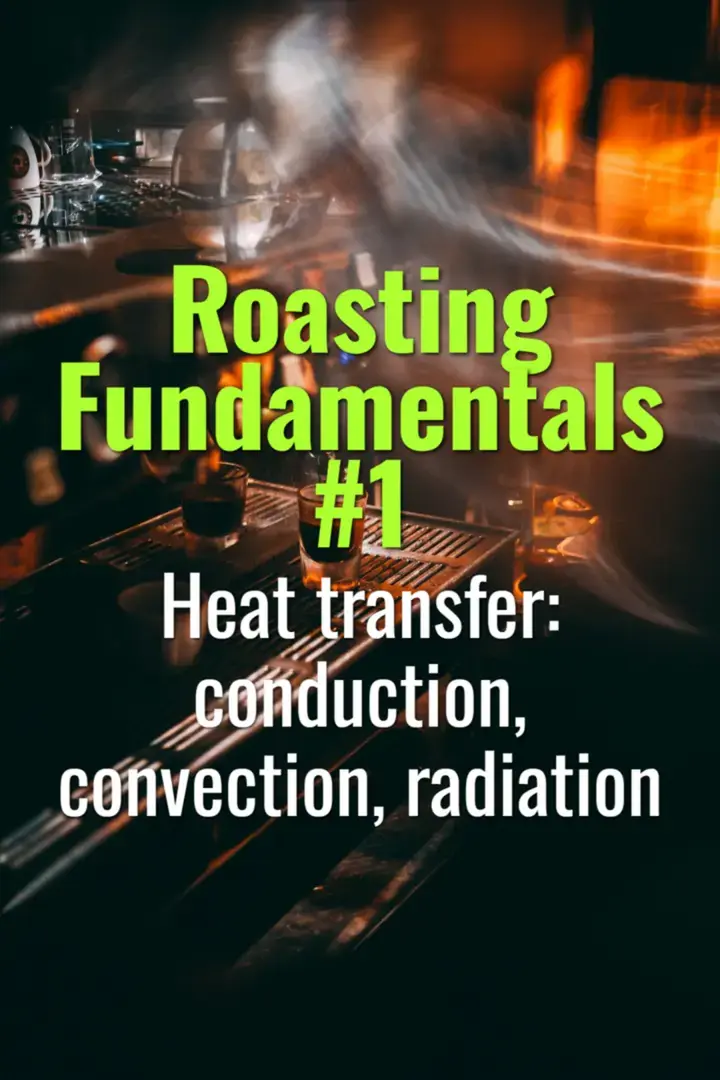
This topic explains the three mechanisms of heat transfer—conduction, convection, and radiation—in coffee roasting, how they interact, and their influence on bean development and flavor outcomes.
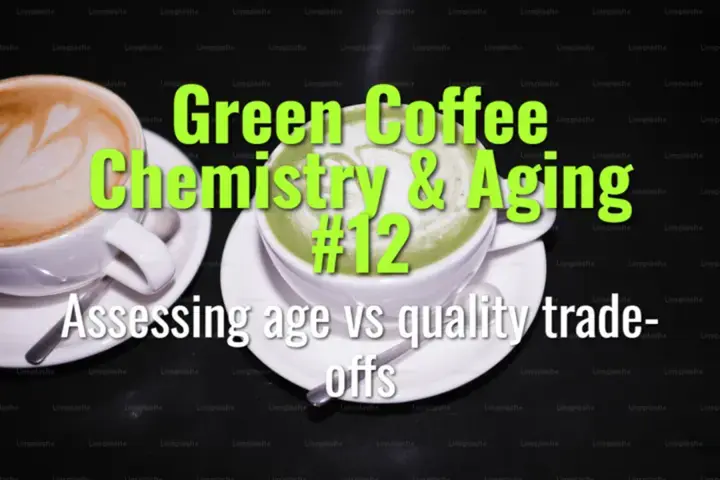
This topic explains how to evaluate the trade-offs between the age of green coffee and its quality, how storage conditions influence these trade-offs, and how buyers and roasters make decisions about usability and value.
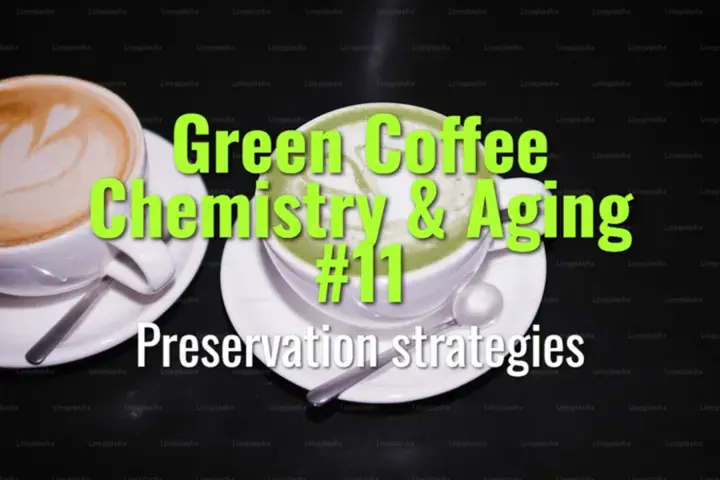
This topic explains the key strategies used to preserve green coffee quality during storage and transport, focusing on packaging, climate control, and handling practices that slow aging and staling.
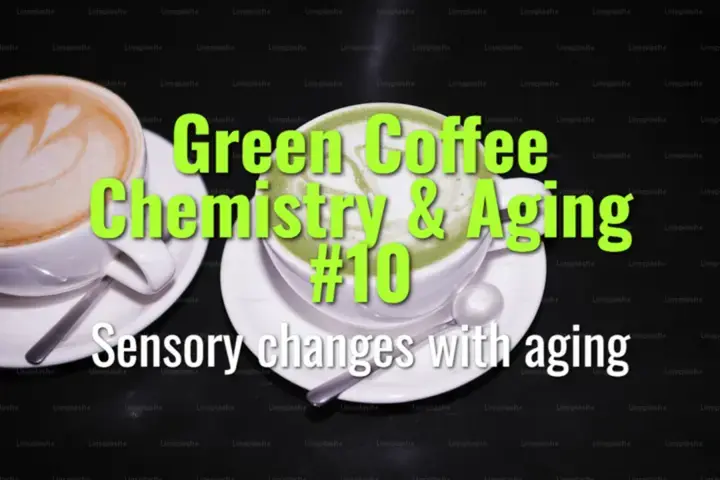
This topic explains how the sensory profile of coffee evolves with aging in storage, what chemical changes drive these shifts, and how they influence marketability and cup quality.